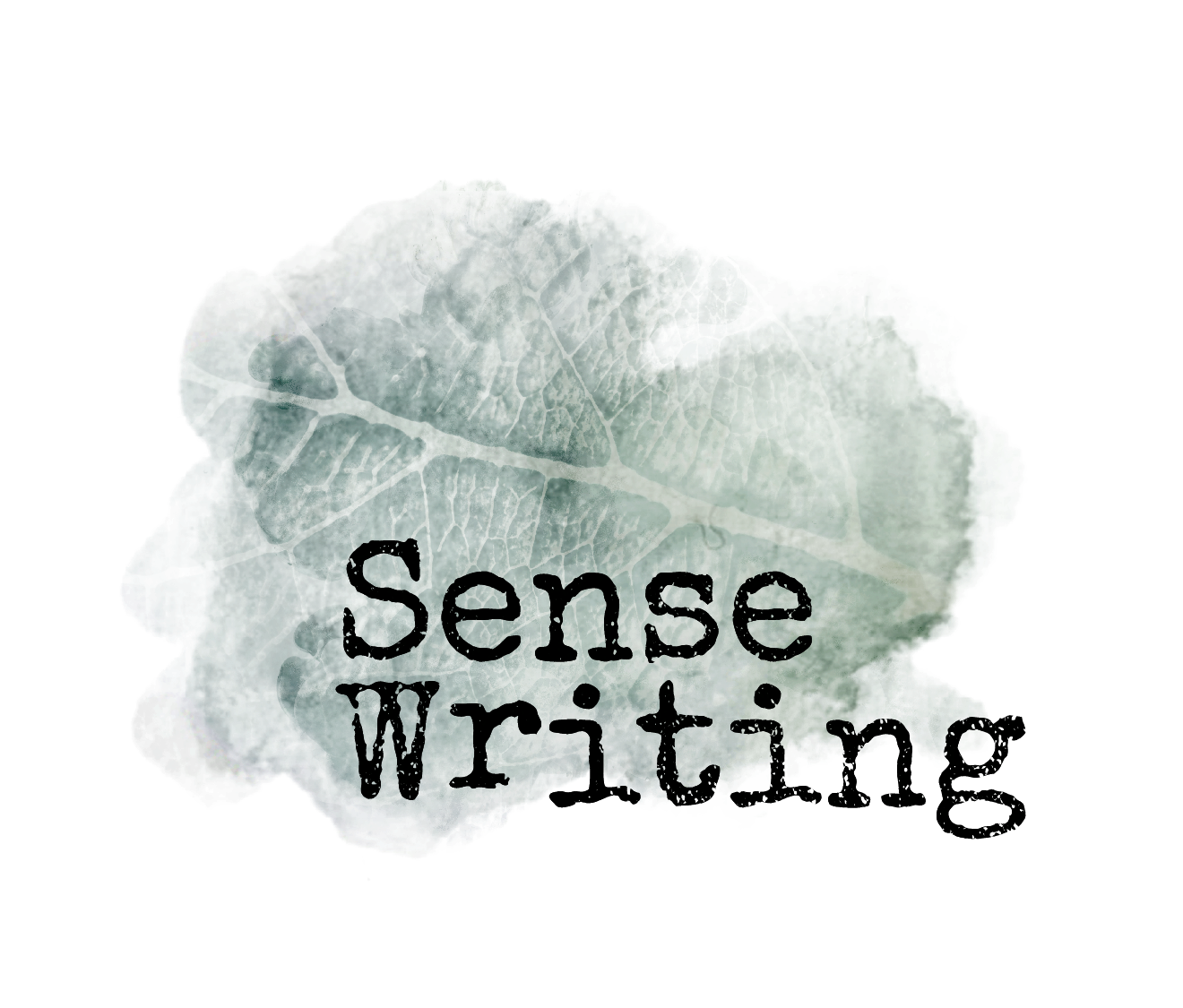image: sense writing sequences from workshops in berlin and new york. used with permission.
The last time I wrote to you, I shared a 3-part gift series about what it means to be a skilled beginner — and the surprising complexity required to develop skills around something intuitive.
In that series (which you can check out below), we explored how it’s more than just wide-eyed wonder– and also much simpler than what we can load onto certain practices that emphasize “beginner’s mind.”
Maybe because this “beginner” state can feel so elusive, it isn’t usually our go-to mode when hitting a creative wall.
Grasping for Mastery
In fact, when we encounter a desire to write more — more frequently or more fluidly or simply to begin at all — there’s a go-to tendency in our culture to grasp for expertise and mastery.
Mastery is alluring. It’s the premise of our educational system. (Otherwise, why would we put ourselves through all that?:)
It promises to imbue us with authority, in the root sense of authorship; surely, we hope, with authoritative knowledge will come the confidence to wield it — to weigh in, to write our stories, to have a say.
And in a lot of our regular life, it delivers on that promise. Access to mastery allows us to go through our everyday experiences with competence and the social, economic, and practical benefits that come with it.
In life, we often need that mastery. But it's so easy to forget that "regular life" and creative practice have different needs.
I often talk about the deeply wired differences between our survival mode patterns and the parasympathetic-dominant learning mode we need for a sustainable creative practice.
How many of us have found ourselves applying our “survival expertise mode” in learning and creative environments? It can feel far less vulnerable to seek answers from outside, instead of tuning in to our own inner voices.
It’s all too easy to fall into a bad case of the IF-THENs. As in…
IF I could only master craft…or theory…or avant-garde aesthetics…or parts psychology…or (fill in the blank)...
THEN I’d become an unfettered artist! Opening the vein to truth and emotion whenever I picked up a pen!!
And in writing, it’s easier than most mediums to feign mastery when we don’t really know. We’ve been trained to fake it. Language protects us — we learn in school to use it to communicate how well we’re following directions. Language is how we cash in our mastery for its rewards.
We end up absorbing a language of mastery — while at the same time drifting further and further away from our intuition and source of creativity. We “fake it till we make it,” and though we MAY end up sounding like masters, we often end up feeling like frauds. Underneath the veneer of validation, we’re running on our fearful sympathetic nervous system responses.
Skipping the Process-- and the Ache
The problem with reaching for mastery is it skips over process.
(And as you’ve probably heard me say before — process is what the five neuroplastic principles of Sense Writing build from the ground up.)
Mastery skips the ache before the IF and the mystery of THEN. While mastery promises to resolve or express that ache (whether it’s an ache of sadness or joy or just an aching urge for understanding and meaning), itactually creates an environment in which we don’t get a chance to hear it.
And the ache is actually kind of important.
Feeling the ache — having an intimate dialogue with that ache — is the point, not the obstacle. It’s why we pick up a pen in the first place, and sometimes why it’s so hard to use it. When we try to bypass it, we’re left chasing something intangible, stuck in a script of what we think mastery is.
So what if we didn’t bypass it? What if, instead of a script, we could develop our own intimate dialogue with this ache? The 150 neurosensory sequences I’ve developed in more than a decade of Sense Writing rewires the brain away from old scripts and toward a sensitive creative exploration.
And the process of developing this dialogue is the creative process.



